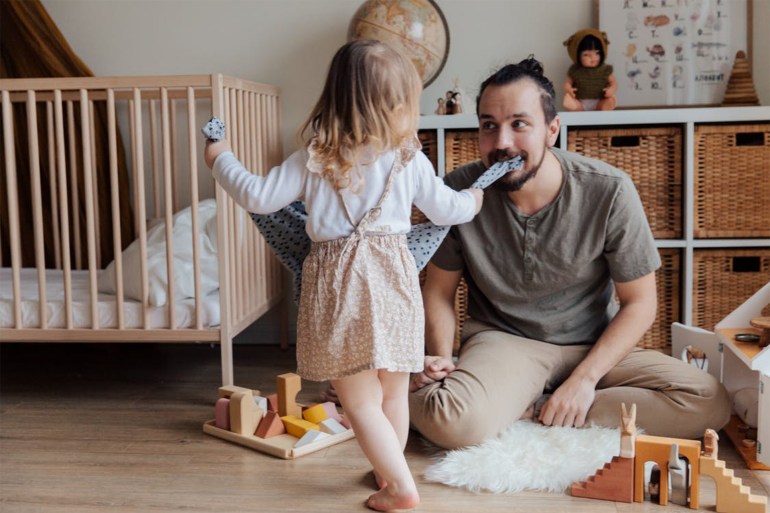One of the most neglected issues in family relationships is discrimination in treatment between children, a behavior that may lead to serious consequences for the child’s mental health.
How do we act if we love one son more than the other?
Despite the keenness of parents that the love they have for their children be equal, the reality proves that millions of people have grown up in a family environment that distinguishes each other at the expense of others, and for reasons that take into account personal characteristics, such as gender, age, and academic excellence.
Psychology: The issue is not optional, we do not do it intentionally and we do not choose who we like and who we hate (Pixels)
We can't love them the same way
Writer Segolene Forgar says, in a report published by the French newspaper "Lefigaro", that the love we have for our children is linked to a set of factors, including: gender, age and academic excellence, so we cannot love them in the same way, but the danger lies in that this leads to Discrimination in treatment between one child and another.
In this regard, Florence Mew, a psychologist who specializes in managing family emotions, says, "It's not optional, we don't do it on purpose, we don't choose who we like and who we hate."
Philosopher and family psychologist Nicole Pryor shares her view, "This is out of our control. We all want to love our children as much, but the reality of family relationships is not, and when that happens we inevitably feel guilty."
Pryor, author of Necessary Betrayals - Being Automatic, adds that treating children indiscriminately is not really there, for the simple reason that "each child is special in the eyes of his parents, has a special place, and has come to his mother and father at a special moment." of their lives."
The bonds that parents make with their children differ from one child to another (Shutterstock)
Difference of feelings does not mean less love
For her part, child psychoanalyst, Françoise Dolto, says that a woman does not look at the child she gave birth to at the age of 40 like the eldest child she gave birth to at the age of 28, but the difference in feelings does not mean less love for one of the children.
"For example, you may be very attached to your naughty son, and less comfortable with the sobriety of his older brother."
"Without noticing it, the bonds that fathers weave with their children differ from one child to another," says Claudine, 61, a mother of six.
She adds, "My eldest son has a sense of responsibility, and I can trust him in family matters. My eldest daughter is open and emotional, and I have a close relationship with her. I and my second son have some common points, such as a passion for beautiful things, and the same goes for my other two daughters." As for the younger ones, we share a lot because he still lives at home with me."
Instead of focusing on the issue of loving our children as much, we should know how to show that love to children (Getty Images)
The subconscious controls emotions
Specialists explain the feeling of a child's love to a lesser extent compared to his siblings by attributing it to the subconscious.
In this regard, Pryor says, "This may be related to the family history and the nature of the marital relationship, or the arrival of the child in a difficult circumstance, such as an illness or fluctuations in the relationship between parents, or during a period of divorce."
There are some other factors, such as the child's failure to study, which creates hope in the hearts of parents, and may result in discrimination in treatment compared to his siblings.
Florence Mio adds, "In the eyes of parents, if the child is different from us, and is interested in things and activities that are different from our interests, this may result in a coldness in dealing with him, giving him the impression that we do not love him."
Sometimes a child's moody mood is a problem within the family, and Mio explains in this context, "In one of the treatment sessions, I dealt with a mother who could not stand her naughty little child because he reminded her of his father imprisoned for theft."
The writer concludes that instead of focusing on the issue of loving our children as much, we should know how to show that love to children, and realize that we love them all, but in different ways.

